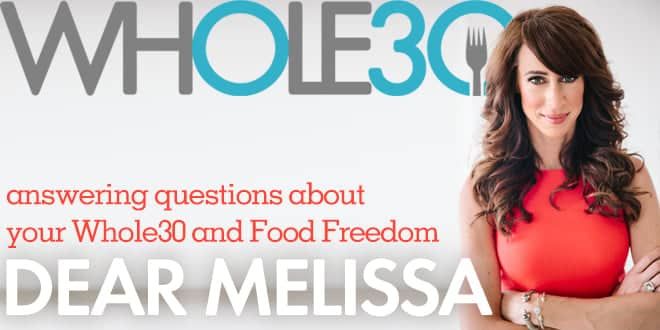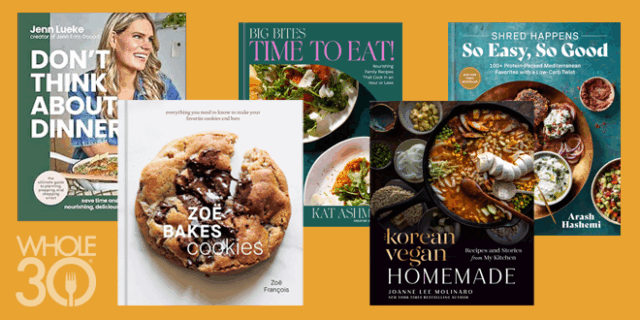Dear Melissa,
Outside of the Whole30, if I’m going to drink alcohol, what should I drink? I’ve heard tequila is Paleo, but red wine is “Primal.” Are those better choices than, say, beer or a strawberry daquiri? –Love, Everyone
Dear Everyone,
I get this question at every nutrition seminar I’ve done. Every. Single. One.
What you’re asking me to do is rank your various alcohol options in terms of “good” to “bad,” and I’ve seen this done before. The Paleo-centered argument generally goes like this: “If you’re going to drink, drink the right alcohol! Try tequila or distilled vodka, and skip the sugary mixers or gluten-filled beer.”
Yeah, I’m not going to answer your question like that.
Here’s the short answer: the only reason to drink alcohol is because it’s so delicious or so special, it’s worth the negative health consequences. (The hormonal disruptions, the negative impact on sleep, the impaired gut permeability, and our tendency to make poor food-related choices after a drink or three. Yeah, those negative consequences.)
So if that’s the case, drink whatever the hell you want and accept the consequences. Even if your drink of choice is a good dark beer, a sweet frozen drink, or a vodka and Red Bull.
Surprised that I’m not telling you to avoid the evils of gluten or the liver-smiting fruit juice + booze combination at all costs? Here’s a scenario:
Say you’re Rob. Rob loves dark beer. Like, really loves it. He heads out with some friends for happy hour, and decides to indulge. But in this scenario, he decides to choose something “healthier,” like a gluten-free beer. His rationale? Beer without the gluten will be better for him than the normal dark beer he loves so much. So he sips it, and it’s okay. He doesn’t really enjoy it, but at least it’s a better choice.
I’d argue it’s not.
It’s not better. It may be less bad, but it’s still alcohol. And the alcohol is what makes you less healthy. So in this scenario, Rob indulged in something that made him less healthy, but he didn’t really enjoy it. And that’s a lose/lose scenario in my book.
If you’re going to indulge in something that makes you less healthy for the sole reason of pleasure and joy, shouldn’t it bring you pleasure and joy? Shouldn’t it be absolutely delicious? Otherwise, what’s the point?
In this context, as long as Rob is willing to accept the consequences of his decisions, I’d recommend he drink whatever he is going to enjoy the most. I’d recommend he drink slowly and deliberately, savor every sip, and only drink as much as he needs to satisfy the experience, whether that’s half a beer or three. As long as each beer is ordered and drank consciously and deliberately*, and you understand that you will own the consequences, and you deem these consequences worth it for you in this scenario, this is a worthwhile experience in my book.
And that holds true whether your drink of choice is sugary, gluten-y, or otherwise not considered “Paleo-friendly.”
Now, I’d encourage you to do a Whole30 first, and follow our alcohol reintroduction protocol outlined in The Whole30. After that, you’ll be able to make an educated decision about what is and is not worth it for you. (Maybe you discover that gluten beer makes you feel so awful, it’s never worth it. If that’s your realization, even Rob would tell you to say bye, Felicia to your beloved Old Brown Dog.)
But if you’re like me, and you can get away with a glass of wine or a tequila and soda with relatively few consequences, then drink whatever you want, and enjoy the heck out of it, and let the experience (and the social interaction, and the sunshine if you’re lucky enough to be on the patio) make you healthier, even if the stuff in your glass isn’t.
Best in health,
Melissa
*This gets harder with every drink, of course. Setting ground rules here (limit two drinks per outing) may be helpful. Instituting a rule like “one beer followed by one full glass of water” can help prevent automatic ordering. Having good (healthy) food on hand at home so you’re not tempted to order pizza is a must.















